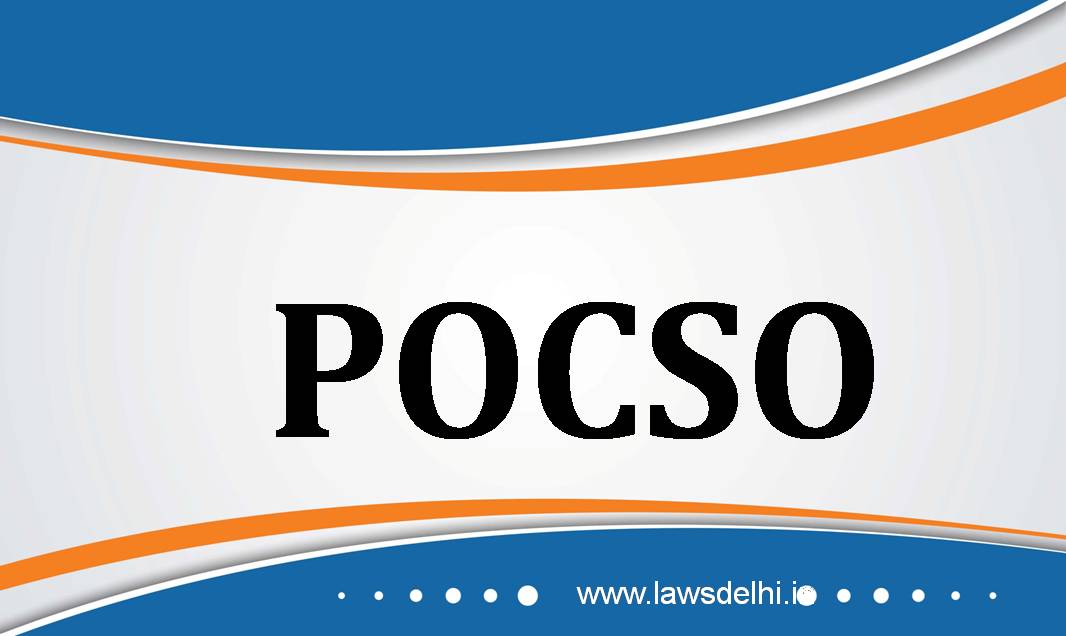Protection of Children from Sexual Offences Act, 2012 — Section 15 — Scope of Section 15 — The court clarified that Section 15 of the POCSO Act criminalizes the storage or possession of any child pornographic material involving a child, regardless of whether the accused has the intention to share or transmit the material. The court further distinguished between the three distinct offences punishable under Section 15(1), (2), and (3) of the POCSO Act. Information Technology Act, 2000 — Section 67B — Scope of Section 67B — The court held that Section 67B of the IT Act criminalizes the publication, transmission, or creation of any material depicting children in sexually explicit acts or conduct — The court clarified that the act of merely viewing or downloading child pornography, without any intention to publish, transmit, or create such material, does not fall within the purview of Section 67B of the IT Act.
2024 INSC 716 SUPREME COURT OF INDIA DIVISION BENCH JUST RIGHTS FOR CHILDREN ALLIANCE AND ANOTHER — Appellant Vs. S. HARISH AND OTHERS — Respondent ( Before : Dr. Dhananjaya…




